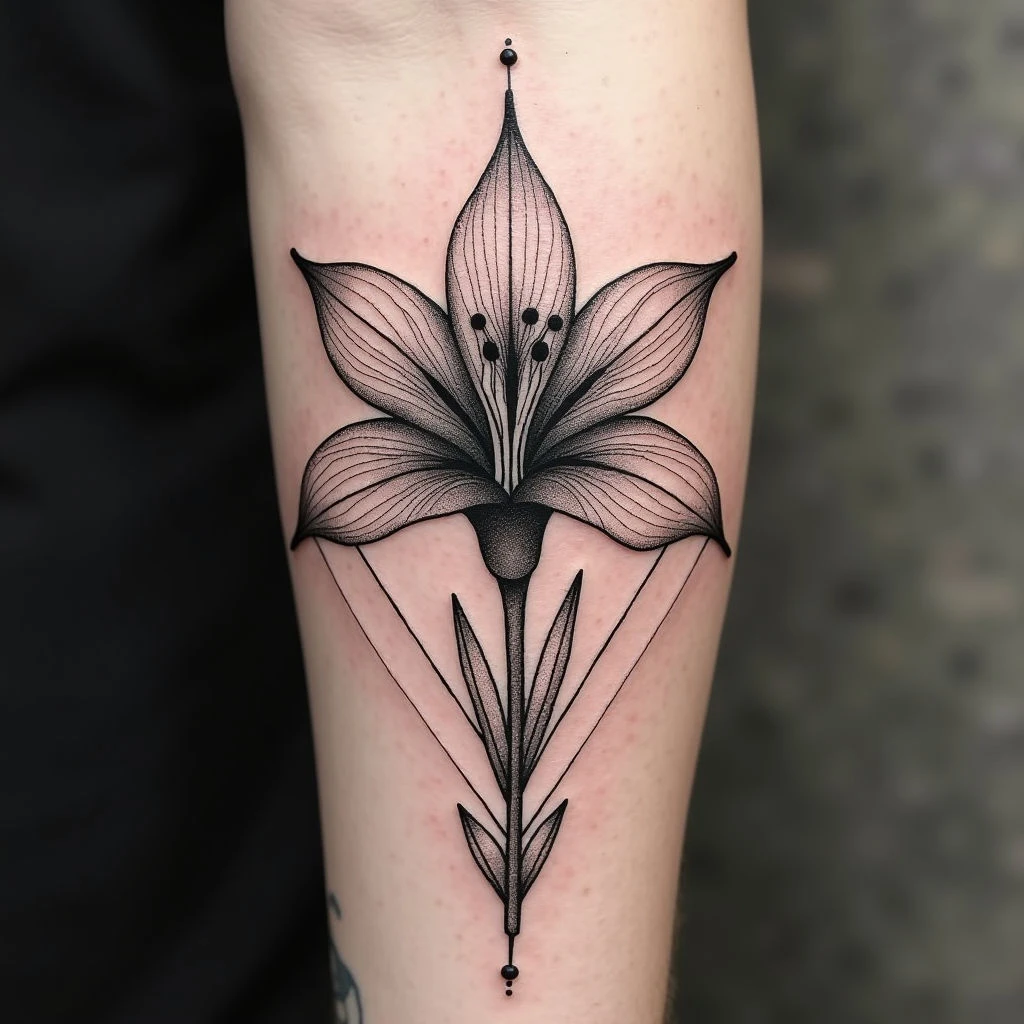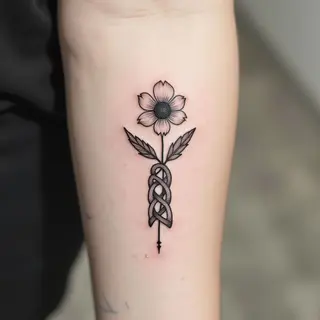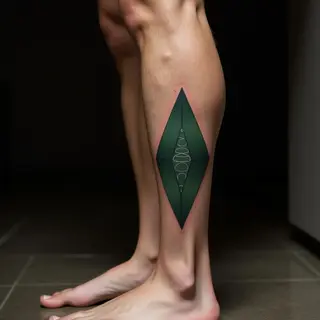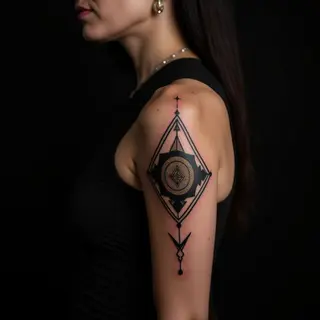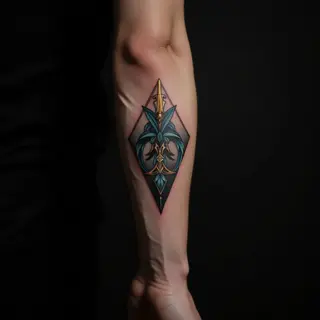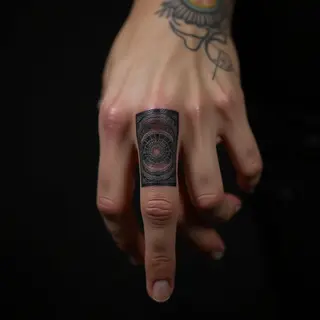Geometric Lily Art: A Design Guide
Lily flowers—symbols of purity, rebirth, and devotion—reveal mesmerizing geometric patterns when viewed through a different lens. This guide explores how to translate traditional lily imagery into captivating geometric art.
Geometric Lily Design Principles
Let's dive into the core principles that make these designs so striking. It’s about more than just shapes; it’s about understanding how they interact.
Fractal Patterns
Lilies naturally exhibit fractal qualities—repeating patterns within themselves. Really lean into this by incorporating those repeating shapes in the petals and stamen. It's a subtle detail that adds depth.
Sacred Geometry
Overlaying your lily design with sacred geometry principles, like the Fibonacci sequence or the Golden Ratio, creates a sense of harmony and visual appeal. A mandala-inspired lily can be particularly stunning—it’s a powerful combination.
Dotwork Techniques
Dotwork is fantastic for building shading and depth. It mimics natural light and shadow, adding an intricate textural layer that elevates the design.
Symmetry & Proportion
Precise symmetry is often key in geometric tattoos. Take care to plan the placement of each petal and element, ensuring a balanced composition. While perfect symmetry can be impactful, intentional deviations—a slight tilt or asymmetry—can also add artistic flair.
Design Considerations
Before you start sketching, think about these practical aspects. They’ll make a big difference in the final result.
-
Placement: How will the lily's form interact with the body's contours? Consider the natural curves and lines of the area you’re working with.
-
Scale: A larger scale allows for more intricate detail, but smaller scales require simplification. It’s a balancing act.
-
Color Palette: Blackwork is common and striking, but subtle color gradients can add another layer of visual interest.
